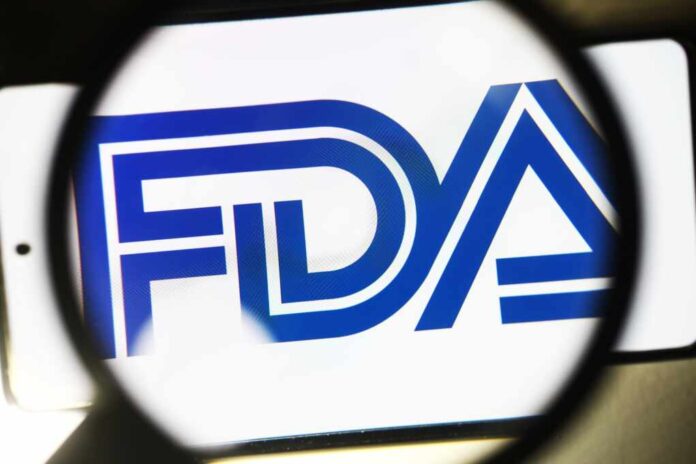
Scientists have introduced new guidelines that could transform psychedelic drug research, but questions remain about how federal regulators will respond to this evolving field of medicine.
At a Glance
- An international team has developed the ReSPCT guidelines—a 30-item checklist for psychedelic clinical trials
- The guidelines address critical shortcomings in previous studies by accounting for “set and setting” in drug experiences
- Experts from 17 countries collaborated on these standards to improve consistency in psychedelic research
- The FDA has issued separate draft guidance for psychedelic drug development, showing growing regulatory attention
- These developments come as treatments involving substances like psilocybin and MDMA face regulatory hurdles
New Standards for Psychedelic Research
A groundbreaking collaboration between McGill University, Imperial College London, and the University of Exeter has produced the Reporting of Setting in Psychedelic Clinical Trials (ReSPCT) guidelines. This 30-item checklist addresses a critical gap in how psychedelic studies are conducted by focusing on the importance of “set and setting”—the mindset and environment in which participants experience these powerful substances. The initiative gathered 89 experts from 17 countries to develop these standards, which were subsequently published in Nature Medicine.
The guidelines represent a significant shift in approach to psychedelic research. Traditional drug studies typically aim to minimize environmental factors, but the ReSPCT guidelines acknowledge that with psychedelics, context fundamentally shapes outcomes. This recognition could dramatically improve the consistency and reliability of clinical trials involving substances like psilocybin, LSD, and MDMA, which have shown promise for treating conditions resistant to conventional therapies.
Regulatory Landscape Evolving
As these new research standards emerge, the FDA has separately issued its own draft guidance for psychedelic drug development. The agency’s document, released in June 2023, outlines considerations for clinical investigations involving psychedelic drugs for psychiatric and substance use disorders. The guidance encompasses classic psychedelics like psilocybin and LSD, as well as MDMA, though the recommendations remain non-binding and are not yet implemented.
The timing of these parallel developments highlights increasing regulatory attention to psychedelic medicine. The FDA’s guidance document (FDA-2023-D-1987) provides a framework for researchers and pharmaceutical companies working in this space, while accepting public comments on its approach. This regulatory interest comes after several high-profile setbacks, including the FDA’s rejection of MDMA-assisted therapy for PTSD due to inconsistencies in trial reporting.
When I Speak 🦗…….But My Doctrine Is Powerful 😏https://t.co/et48LVWBFd
— Center Horns (@EmmaTheGreatOne) May 16, 2025
Addressing Past Research Failures
The development of the ReSPCT guidelines responds directly to limitations that have plagued psychedelic research. Clinical trials exploring these substances for mental health conditions have yielded inconsistent results—not necessarily because the treatments don’t work, but because studies failed to account for crucial contextual variables. Psychedelics are uniquely sensitive to environmental factors and participant mindset, making standardization especially important.
This oversight has had significant consequences. When the FDA reviewed applications for MDMA-assisted therapy for PTSD, the lack of standardized reporting on contextual variables contributed to regulatory reluctance. With growing public interest in psychedelic treatments for conditions like depression, anxiety, and PTSD that haven’t responded to existing options, the need for more rigorous research protocols has become increasingly apparent.
Implementation and Future Directions
Moving these guidelines from paper to practice presents the next challenge. A three-day workshop funded by McGill’s Healthy Brains, Healthy Lives initiative is planned to discuss practical implementation strategies. The workshop will bring together researchers and clinicians to address how best to integrate the ReSPCT guidelines into current and future studies, potentially establishing them as the new gold standard for psychedelic research.
The implications extend beyond academic research to pharmaceutical development and regulatory approval. If widely adopted, these guidelines could provide regulators with more consistent, comparable data across different studies and therapeutic approaches. This standardization might help overcome the hurdles that have thus far limited the medical use of psychedelics despite their therapeutic potential for conditions that affect millions of Americans.

























